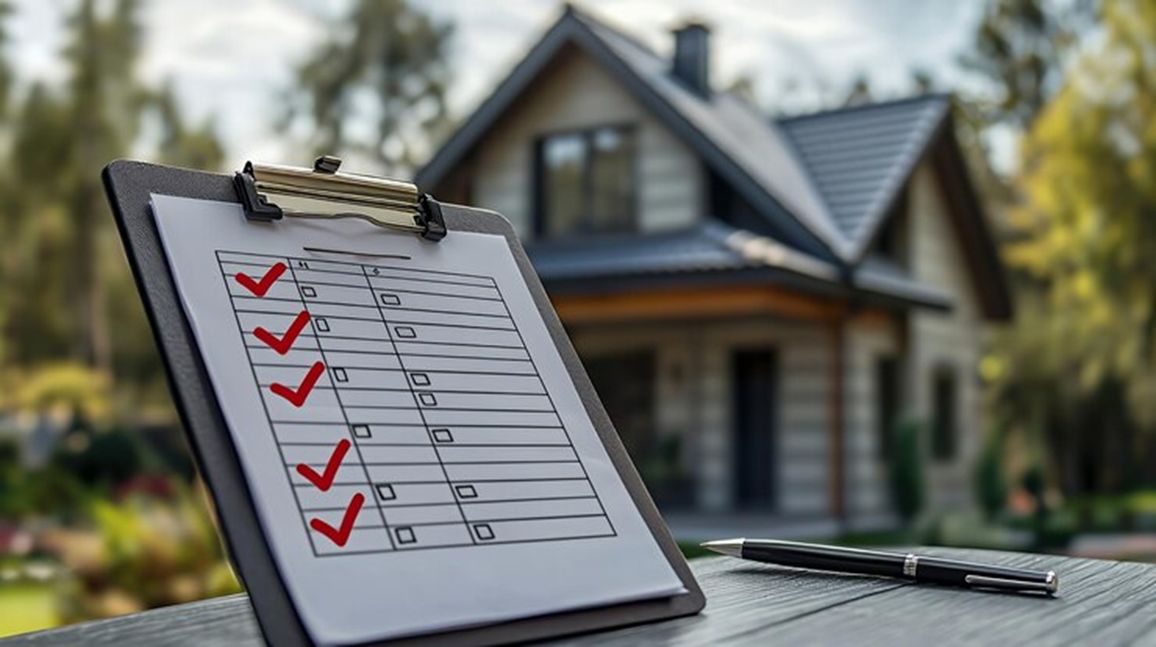Thinking about buying property? Are you looking for a family home, land to develop, or a rental investment? The real estate market offers exciting opportunities but also real risks.
From fraudulent sellers to zoning conflicts and hidden legal issues, a simple oversight can cost you millions. That’s why due diligence is not optional. It’s essential.
In this guide, we break down the five most important questions to ask before buying property. Whether you're eyeing a family home, land to develop, or a rental investment, these questions will point you away from risks and towards a wise investment.
1. Is the Title Deed Clean and Verified?

A valid and clean title deed is the most critical document in any property transaction. Before making a payment, verify that the title is genuine and free from encumbrances.
Visit the Ministry of Lands or use the Ardhi Sasa platform to conduct a land search. Ensure the name on the title matches the seller’s national ID and that the land is not listed as public land, under dispute, or with any outstanding loan or caveat.
2. Is the Property Zoned for My Intended Use?

Zoning laws determine what activities are allowed on a given piece of land. For example, you cannot build a commercial complex in an area zoned for residential use.
Consult the local county government’s physical planning office to confirm zoning regulations. This is particularly important in areas where mixed-use development is common, but tightly regulated.
3. Are All Legal and Regulatory Approvals in Place?

Make sure that the property has all the required approvals, including development permits, environmental impact assessments if needed, and building plans approved by the county government.
Lack of proper approvals could result in demolition orders or future legal battles. Ask the seller or developer to provide documentation for inspection by your legal advisor.
4. Is the Seller the Legitimate Owner or Authorized Agent?

Property scams are common, especially with land. Always ensure you are dealing with the legitimate owner or a legally authorized agent.
Ask for the original title deed, copies of the seller’s ID, PIN certificate, and a sale agreement. Hire a qualified lawyer to cross check ownership and draft your agreements to avoid fraudulent transactions.
5. What Infrastructure and Amenities Are Available or Planned?

Location is key in real estate, and so are amenities and infrastructure. Investigate whether the area has access to roads, water, electricity, schools, hospitals, and security services.
Additionally, find out about any planned infrastructure projects, such as bypasses or shopping centers, which could increase the property’s value over time. Areas near developments like the Eastern Bypass, for instance, have shown strong appreciation.



